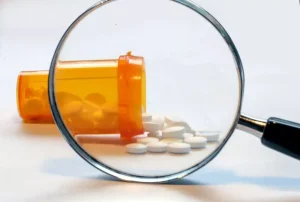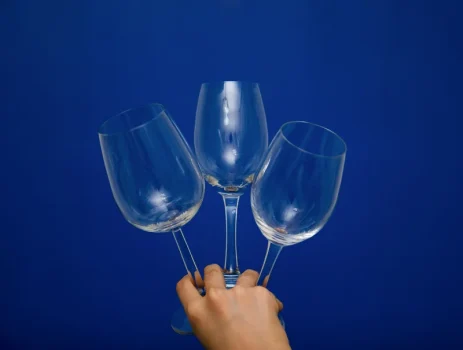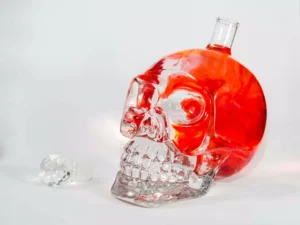
During Stage 4 peer and family support is important, but is also a serious emotional strain and sometimes even an impossibility. There is also counseling available for you, your family, and friends to help with recovery after leaving treatment, as well as support groups like AA, NA, Al-Anon, and Nar-Anon. SUDs affect the memory, motivation, learning, movement, emotion, judgment, and reward-related circuitry in the brain. You then have to continue to use the substance in order to feel happy or even normal.
The 3 Stages of the Addiction Cycle
It’s like hitting the jackpot on a slot machine – the rush is intense, and you can’t help but want more. This initial euphoria is what hooks many people, leading them down the treacherous path of addiction. The addiction cycle is often described as a three-stage process, each stage feeding https://ecosoberhouse.com/ into the next, creating a self-perpetuating loop that can feel impossible to escape. Let’s break down these stages and examine how they work together to keep individuals trapped in addiction. Individuals in recovery must remember the value of a support system and actively cultivate it.
- A high-quality addiction treatment program can help you identify and heal the root cause of your addiction and teach you coping skills that will help prevent relapse.
- By familiarizing ourselves with these stages, we can better understand the nature of addiction and the appropriate interventions required at each stage.
- It’s important to note that someone can be dependent on a substance and not necessarily be suffering from addiction.
- You then have to continue to use the substance in order to feel happy or even normal.
- Addiction’s manifestation is not uniform; it varies significantly among individuals.
- Particularly among young people, experimentation is often accepted or even encouraged, but it is important to remember that experimentation isn’t always harmless.
- In addition to support systems, there are numerous resources available to individuals seeking help and recovery.
Understanding Addiction

Individuals at the earlier stages of addiction likely will not need the same intensity of treatment that those in later stages will need. If an individual requires higher doses of the substance or begins experiencing withdrawal if they aren’t using the drug, they are likely in the third stage of the addiction cycle. Addicts often experience significant changes in their lifestyle and personality to cater to drug or alcohol abuse. The addiction cycle describes the process every addict experiences, from initial use and abuse to addiction and relapse.
The Addiction Tree: Understanding the Roots and Branches of Substance Dependence

Whether it’s an overdose, an accident while under the influence, or another health crisis, frequent ER trips highlight the urgency to address the drug abuse issue. Blacking out can lead to dangerous situations and is a sign that drug use has escalated to a problematic level. This phase involves the occasional use of substances to achieve a euphoric effect. Copyright choose the correct cycle of addiction © 2024, AddictionHelp.com The information provided by AddictionHelp.com is not a substitute for professional medical advice. View our editorial content guidelines to learn how we create helpful content with integrity and compassion. If you or someone you know shows these signs of addiction or has tried and failed to quit using drugs or alcohol, there is still hope.

The line between regular use and dependence can be blurry, but it’s a crucial threshold. As the body and mind adapt to the presence of the substance, tolerance builds. More of the drug is needed to achieve the same effect, and withdrawal symptoms become more pronounced when use is discontinued.
- The psychological aspect of drug tolerance is the adaptation of mental and behavioral responses to a drug after repeated use.
- Their addictive behaviors become so severe that they cannot function without their substance of choice.
- Environmental triggers and availability of substances can influence the initiation and maintenance of addictive behaviors.
- After long-term use, functions such as learning, judgment, decision-making, stress, memory, and behavior are impacted through these changes to the reward circuit.
- This cycle of addiction continues unrestrained, until some type of intervention occurs (self-intervention, legal, family, etc.).
Recognizing that experimentation does not always lead to addiction can help in creating targeted interventions that respect individual experiences while promoting healthier choices. The Dawn Rehab Thailand is a premier drug and alcohol addiction treatment centre located in Chiang Mai, Thailand. We offer private accommodation and an effective, affordable treatment programme to help move you from stages of addiction into the stages of addiction recovery.

